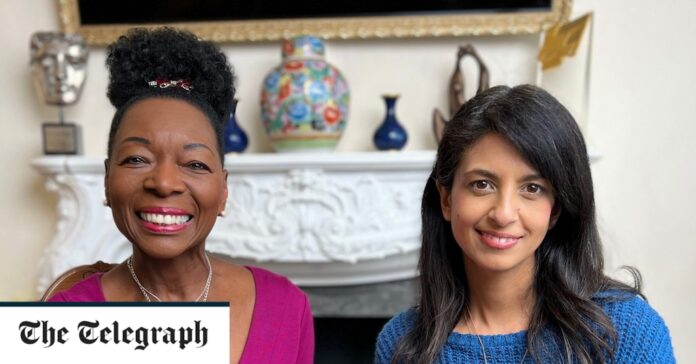Production values and technology have pushed the boundaries of this multi-million-pound industry – and the results are surprisingly good
There is a moment in Hey Duggee, the Bafta-winning animated children’s television show, in which the lead character attempts the final hole of an arduous golf course. With the hushed tones of the commentator; the truly dreadful Argyle sweaters, and the way the camera lovingly zooms above the length of the fairway, it precisely echoes reverential coverage of the denouement at the Open. But because the player is a large cartoon dog, the hazards include a rubber duck, a rollerskate and a jack in the box, and the prize is not a large cheque but a round of milkshakes, it becomes an absurdist six-minute send-up that makes children – and their parents – weep with laughter. “What pressure on this young dog,” intones narrator Alexander Armstrong faux-seriously as Duggee settles over his drive…
So when people say we live in a new golden age of the small screen I nod and agree. What I don’t tell them is that I’m not thinking of Succession or Line of Duty, Game of Thrones or The Crown. I’m thinking of Hey Duggee and countless others like it. Children’s television, I have discovered in my 10 years of fatherhood, is not the brain-melting pap I’d feared. Instead, it turns out to be a brilliant, hi-tech, high-stakes world, seeking to exploit the opportunities of services like YouTube without being overwhelmed by them, where audiences are enthralled and hits can make their creators tens of millions of pounds.
A business so grown up that it’s the subject of a BBC documentary, Kids TV: The Surprising Story, children’s TV is certainly a world away from the shoestring budgets, wobbly sets and am-dram theatrics of my own youthful viewing 40 years ago.
But perhaps it is no surprise that children’s telly today is matching the glories now on offer to grown ups. Anne Wood, 84, creator of the global hits Teletubbies and In the Night Garden, remembers that “from the beginning the key to it all was that children’s programmes were the equal of any other”. There was to be no cutting corners, hoping that the tinies wouldn’t notice. In any case, she says, many programmes then were designed for adults to watch alongside their children.


